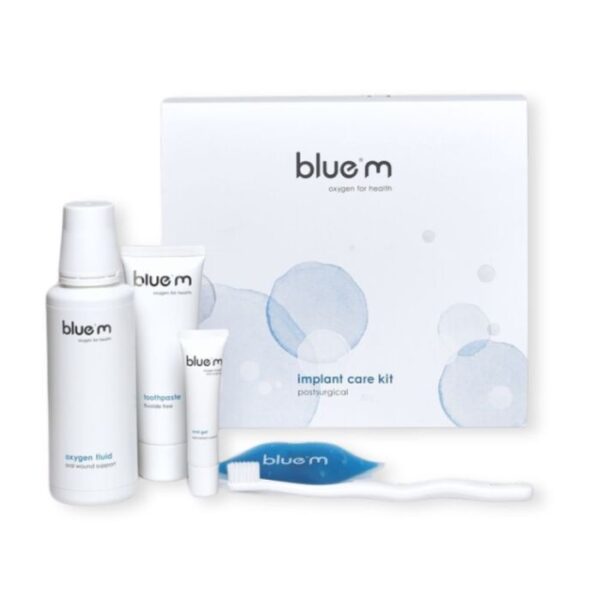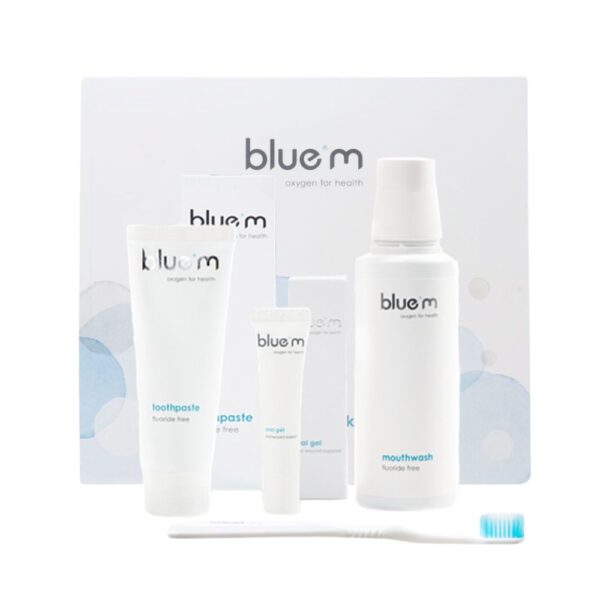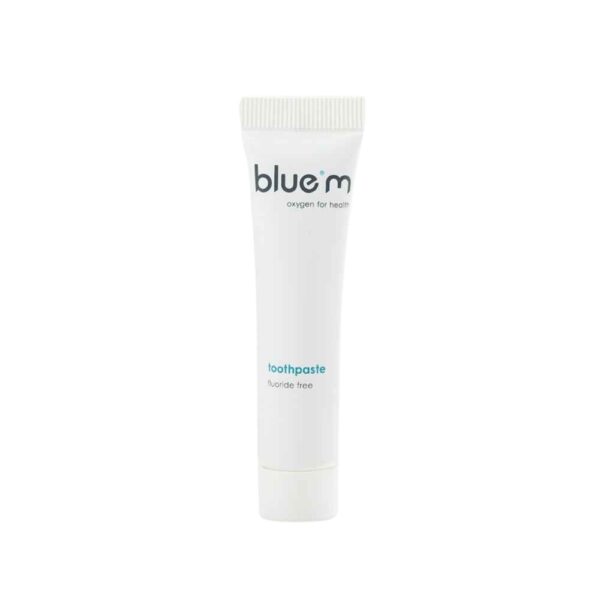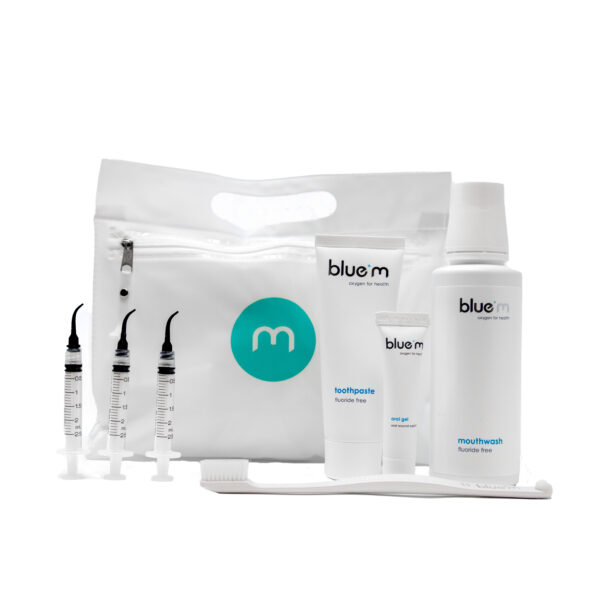Hyposalivation
Hyposalivation
Causes, Symptoms and Treatments
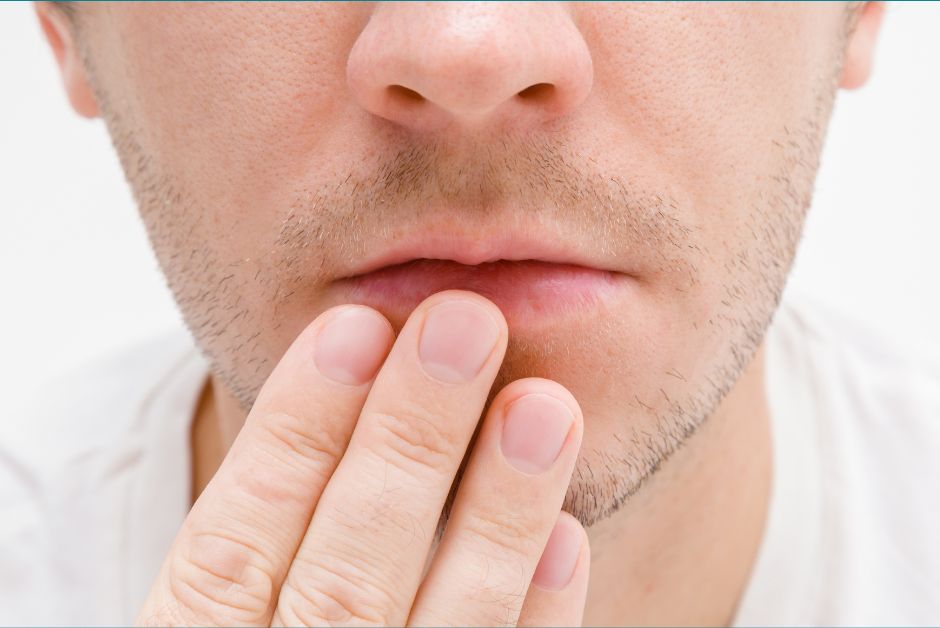
A persistently dry mouth might seem like a minor irritation, but for those experiencing hyposalivation, it can be a chronic and uncomfortable condition. Far from just being inconvenient, hyposalivation affects not only your daily comfort but also your oral health, ability to eat and speak, and even your overall wellbeing.
Thankfully, understanding the condition, along with its causes and treatments, can help you take proactive steps to protect your health and improve your quality of life.
What Is Hyposalivation?
Hyposalivation is the medical term for reduced or inadequate saliva production. Saliva plays a crucial role in the mouth. It:
- Moistens and lubricates the mouth and throat
- Begins the digestive process
- Washes away food particles and bacteria
- Neutralises harmful acids produced by dental plaque
- Helps prevent dental caries (tooth decay) and inflamed gums
Without enough saliva, the mouth becomes dry, acidic, and prone to damage. If left unmanaged, hyposalivation can lead to serious complications such as oral infections, bad breath, difficulty swallowing, and even nutritional deficiencies due to impaired chewing and digestion.

Common Causes of Hyposalivation
There are several causes of hyposalivation, and in many cases, it is a symptom of an underlying issue rather than a condition in itself. The most common factors include:
- Medications: Hundreds of medications list dry mouth as a side effect. These include antidepressants, antihistamines, decongestants, diuretics, and medications for high blood pressure.
- Medical Conditions: Autoimmune diseases like Sjögren’s syndrome, as well as diabetes, Parkinson’s disease, HIV/AIDS, and Alzheimer’s disease, are all associated with reduced salivary gland function.
- Cancer Treatments: Radiation therapy to the head and neck can damage salivary glands, while chemotherapy can alter saliva composition or decrease its production.
- Dehydration: Not drinking enough fluids, especially during hot weather, illness, or exercise, can lead to temporary or worsening dry mouth.
- Aging: As people age, their salivary glands may produce less saliva, especially if combined with polypharmacy (taking multiple medications).
Understanding the causes of hyposalivation is key to choosing the most effective treatment strategy.

Hyposalivation and Dental Caries
One of the most significant risks of hyposalivation is its direct link to dental caries (tooth decay).
Without enough saliva to wash away food debris and buffer acids, teeth become far more vulnerable to decay. Saliva also contains antimicrobial agents that help keep harmful bacteria in check.
When saliva flow is compromised, plaque builds up more quickly, and enamel erosion can accelerate. This is why people with hyposalivation often experience more frequent cavities, gum disease, and oral infections like candidiasis (oral thrush).
Good oral hygiene and saliva-boosting strategies are essential in protecting against these complications.

Recognising the Symptoms of Hyposalivation
The symptoms of hyposalivation can range from mild discomfort to significant disruption in daily life. Recognising these early signs is essential for seeking treatment and preventing more serious oral health issues.
Common symptoms of hyposalivation include:
- Persistent dry or sticky feeling in the mouth
- Frequent thirst, especially at night
- Dry, rough tongue or cracked lips
- Burning or tingling sensation in the mouth or on the tongue
- Difficulty chewing, swallowing, or speaking
- Altered sense of taste or a metallic taste in the mouth
- Bad breath (halitosis)
- Increased incidence of dental caries, gum disease, or oral infections
- Sore throat or hoarseness
Many people with hyposalivation may not realise their symptoms are related to reduced saliva production. If you’re experiencing any of the above on a regular basis, especially in combination, it could be a sign of an underlying issue and should be discussed with your dentist or healthcare provider.

Hyposalivation Treatment and Management Options
Hyposalivation treatment depends largely on its cause. For example, if a medication is to blame, your doctor may adjust the dose or prescribe an alternative.
However, many management techniques can offer symptomatic relief and help restore comfort and function.
Common treatment strategies include:
- Staying well hydrated by sipping water throughout the day
- Chewing sugar-free dental gum or sucking on sugar-free lozenges to stimulate natural saliva production
- Avoiding tobacco, alcohol, and caffeine, which can dry the mouth further
- Using saliva substitutes, mouth moisturisers, or oral gels to provide temporary relief
- Improving oral care routine with gentle brushing, interdental cleaning, and fluoride treatments
- Using a humidifier at night to maintain moisture in the air
In some cases, doctors may prescribe saliva-stimulating medications like pilocarpine or cevimeline if the salivary glands are still functioning.
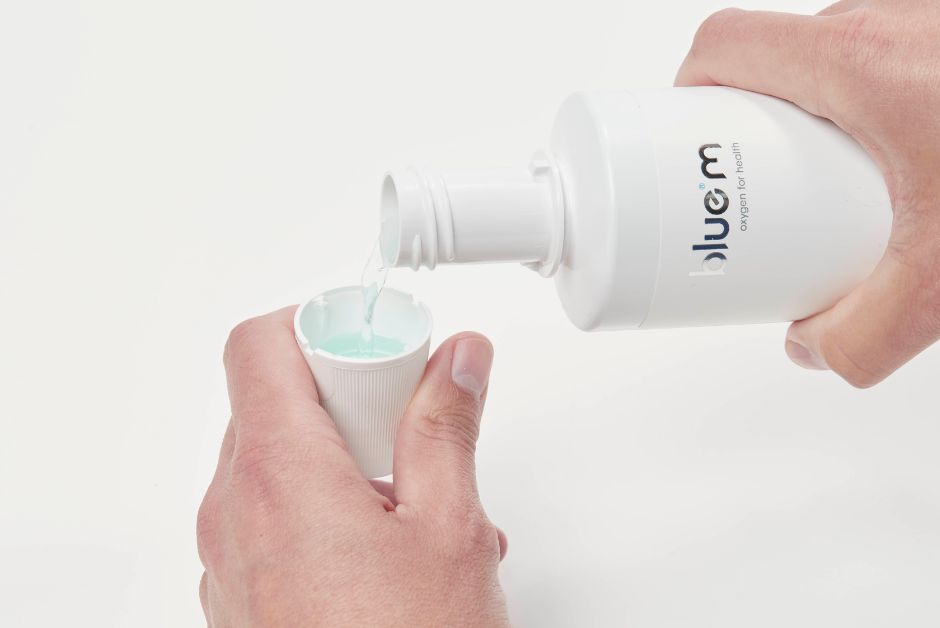
Taking Control of Hyposalivation
Hyposalivation is more than just an uncomfortable nuisance; it can affect your health, confidence, and quality of life. By understanding what hyposalivation is, identifying its causes, and exploring the best hyposalivation treatments, you can take control of the condition and minimise its impact.
If you’re dealing with dry mouth symptoms, consider integrating oxygen-enriched, alcohol-free products into your daily oral care routine.
With the right approach, you can protect against complications like hyposalivation and dental caries, support healing, and restore comfort to your mouth.
Supporting Oral Health with the Right Products
Adopting an oral care routine specifically tailored to dry mouth is one of the most effective ways to manage hyposalivation. Avoiding alcohol-based mouthwashes and harsh toothpastes is essential.
Instead, choose products designed to be gentle, hydrating, and therapeutic.
Brands like blue®m offer oral care solutions enriched with active oxygen, which helps to:
- Promote healing of irritated tissues
- Reduce harmful bacteria
- Maintain moisture balance
- Support the natural healing process
From soothing oral gels to fluoride-free toothpastes and moisturising mouth sprays, these products can make a significant difference for those struggling with dry, sensitive mouths.
Add bluem® to Your Oral Health Routine
With its revolutionary, oxygen-enriched formula, bluem® allows you to dramatically improve your oral health routine with high-quality oral care products.
Sold in more than 30 countries worldwide, our oral care products are specifically developed to prevent and treat oral problems such as inflamed gums, periodontitis and peri-implantitis.
View our complete product range here.
Remember; healthy mouth, healthy body.

